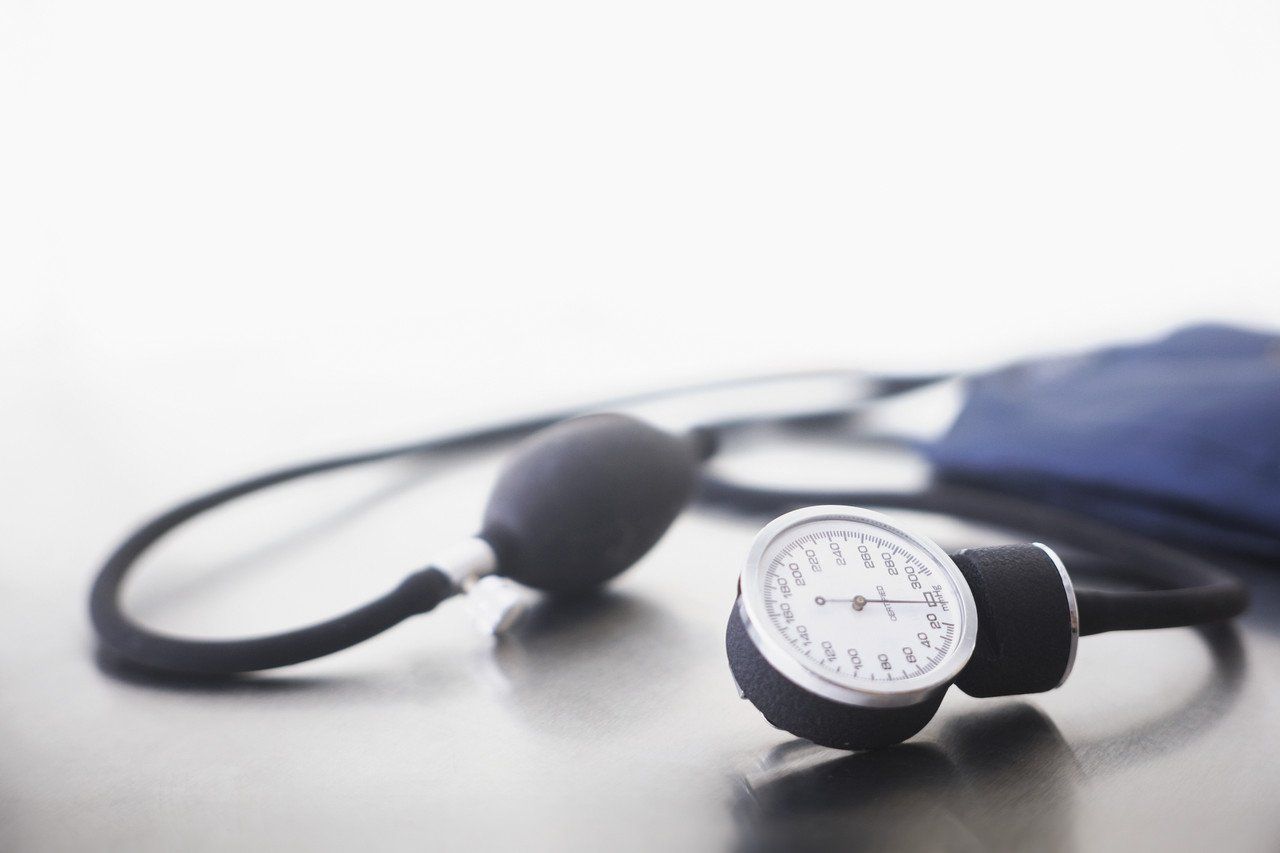High blood pressure among African American people in the United States is among the highest in the world. About 55% of African Americans have high blood pressure known as hypertension or HBP and it develops earlier in life. Factors show that leading HBP are higher rates of obesity and diabetes which increase the risk for high blood pressure and heart disease. Statistics show that African Americans face disproportionately high rates of both conditions.
Hypertension seems to be a genetic factor in my family. Both my maternal and paternal grandmothers died suddenly from a heart attack and stroke respectively in the 1960s. Both of my parents were on medication for high pretension. My two remaining sisters have been taking medication for hypertension for years.
Being aware of my family history, I have been monitoring my blood pressure daily and had not had a problem until recently. I was on vacation at a spiritual and silent retreat when towards the end of the week, I took my blood pressure and the monitor read 150/85 which was high for me. My blood ranges from in the 102/66 category. The following day when I was scheduled to return home the number crept higher. Sunday the third day higher still. I called Healthline for my healthcare provider and was advised to make an appointment to see my doctor over the next few weeks.
Sunday afternoon the numbers continued to move upward and I contacted the Healthline again and was advised to go to the emergency room. A family member escorted me to the ER of the closest hospital in Washington, DC. As I waited to see a doctor the numbers continued to climb and climb and I became alarmed because I had never seen such numbers on a monitor related to me and was fearful that I may have a stroke or heart attack. The highest range was 172/107. The medical staff continue to monitor my blood pressure every two hours at my request and assured me that I was not in stroke range, etc.
Blood work and an EKG were administered and the results were good. Some six hours after arriving at the hospital, I was advised that I had asymptomatic hypertension which can come out of nowhere. The hospital doctor did not administer any medication because I didn’t have any symptoms such as severe headache, confusion, dizziness or lightheadedness. The doctor communicated that my blood pressure may drop back down, but suggested that I see my internal medicine doctor immediately. I saw my internist later the same day and after evaluating me she reported that I had stage two hypertension and provided a prescription for a low-dose medication.
She communicated that I may not need medication for the rest of my life, but it was necessary for now. I am grateful that I had been closely monitoring my blood pressure daily for many years. Otherwise, I could have been a walking time bomb wherein a medical crisis might drop me at any time. The term asymptomatic hypertension means that the blood pressure numbers are high, but the individual is not experiencing any other symptoms as was my case.
High blood pressure is a common condition that affects the body’s arteries. It’s called hypertension. If you have high blood pressure, the force of the blood pushing against the artery walls is consistently too high. The heart has to work harder to pump blood.
Blood pressure is measured in millimeters of mercury (mm Hg). In general, hypertension is a blood pressure reading of 130/80 millimeters of mercury (mm Hg) or higher.
The American College of Cardiology and the American Heart Association divide blood pressure into four general categories. Ideal blood pressure is categorized as normal.
- Normal Blood Pressure: Blood pressure is 120/80 mm Hg or lower.
- Elevated Blood Pressure: The top number ranges from 120 to 129 mm Hg and the bottom number is below, not above, 80 mm Hg.
- Stage 1 Hypertension. The top number ranges from 130 to 139 mm Hg or the bottom number is between 80 to 89 mm Hg.
- Stage 2 Hypertension. The top number is 140 mm Hg or higher or the bottom number is 90 mm Hg or higher.
Blood pressure higher than 180/120 mm Hg is considered a hypertensive emergency or crisis. Seek emergency medical help for anyone with these blood pressure numbers.
Untreated, high blood pressure increases the risk of heart attack, stroke and other serious health problems. It’s important to have your blood pressure checked at least every two years starting at age 18. Some people need more-frequent checks, especially as they age into elderhood (65 and beyond).
Healthy lifestyle habits—such as not smoking, exercising and eating well can help prevent and treat high blood pressure. Some people need medicine to treat high blood pressure.
Most people with high blood pressure have no symptoms, even if blood pressure readings reach dangerously high levels. You can have high blood pressure for years without any symptoms.
A few people with high blood pressure may have:
- Headaches
- Shortness of breath
- Nosebleeds
However, those symptoms aren’t specific. They usually don’t occur until high blood pressure has reached a severe or life-threatening stage.
When this medical event occurred out of the blue, I had been at my goal weight for over five years. I eat weighed and measured meals three times per day with nothing in between. I don’t eat any flour or sugar products nor do I smoke or drink alcohol. I also exercise for an hour a day five to six days during the week. This is a testament that one can be doing all the right things for taking care of the body and a medical warning can pop up. Be vigilant about your health screenings and medical evaluations with your healthcare providers.
Your body keeps score! Know your family history and be aware of your blood pressure numbers.

